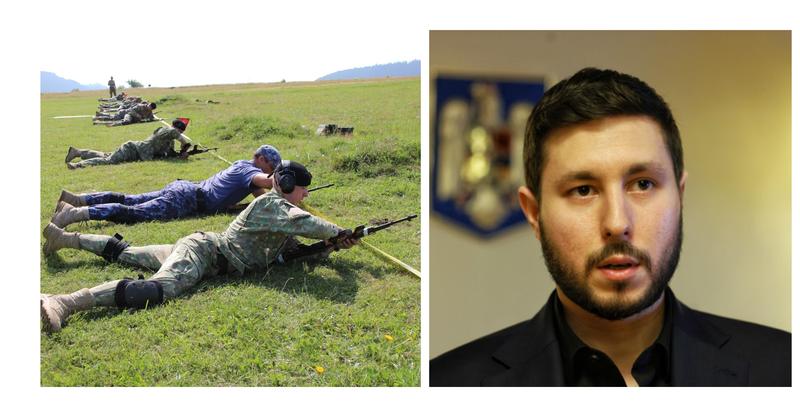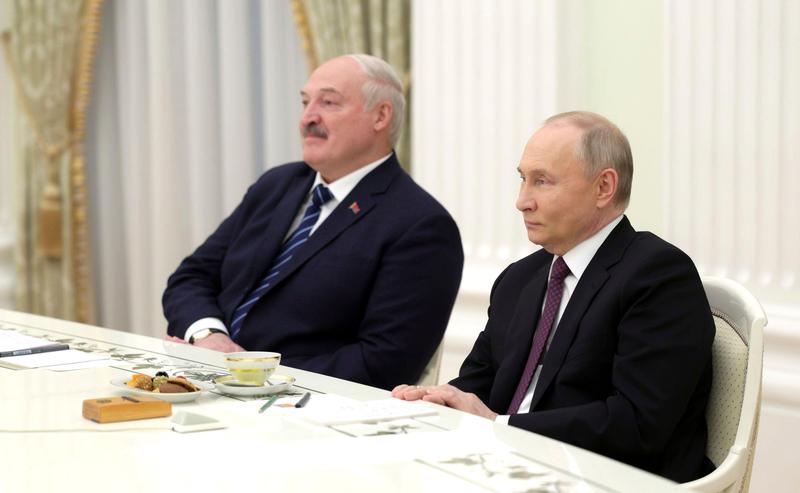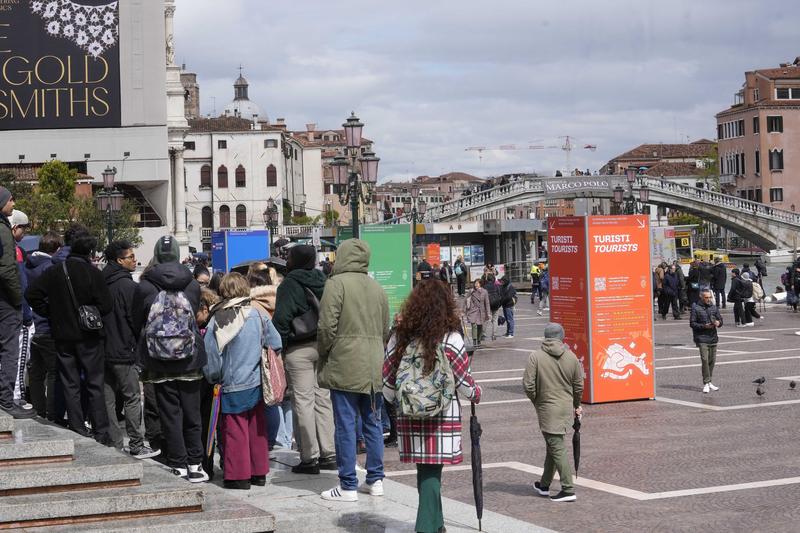Authorities in five European countries have finally reached a major agreement on building an oil pipeline linking the Romanian Black Sea port of Constanta with the Italian port of Trieste, Italian minister Claudio Scajola announced. He said a memorandum would be signed in this regard later this month – but the big news is still to come.
A natural gas pipeline will be built, this time from Italy to Romania, according to the same minister.
The decision on the Constanta-Trieste pipeline comes at a sensitive moment for Romania, a country which tries to redefine its energy policy under Russian pressures against a pipeline to transport Caspian oil to Western Europe through Romania.
The oil pipeline was one of the stated targest for Romania’s energy policy, as the country faces three rivaling pipeline projects: the Baku-Ceyhan, the Burgas-Alexandroupolis and the Burgas-Vlore pipelines, all crossing the Balkans and all agreed by Russia.
As Financial Times has noted recently, the Constanta-Trieste pipeline would dodge Russian control and would contribute substantially to a lower European dependency to Russian and Middle Eastern oil.
The political decision of Italy, Serbia, Croatia, Slovenia and Romania, due to be the subject of a memorandum on March 21, was doubled by an announcement that a natural gas pipeline will be built from Italy to Romania.
It would solve, at least partially, Romania’s dependency on gas imports from Russia, a country widely known for his latest show of force against Ukraine earlier this year.
Italian minister Scajola, who made the announcement, would not give details on the project. But Romanian Economy Ministry sources told Hotnews.ro it may be the result of high-level negotiations lately.
The exchange would mean Italy would receive for its backing for the project a strong support in the future efforts of Italian companies to enter the Romanian market, against the competition from other countries.




















